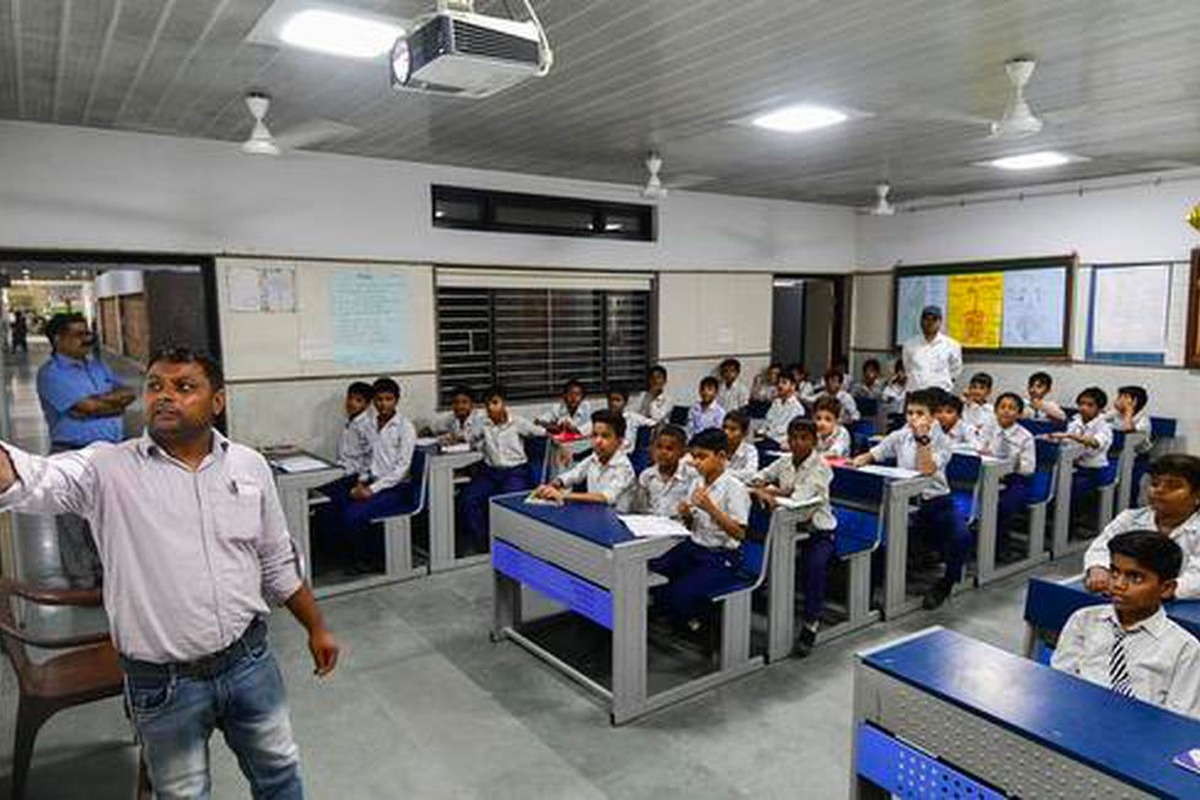The issue of vacant seats reserved for economically weaker sections (EWS) and disadvantaged groups in Delhi’s private schools has once again come to the fore, as the latest data shows that around 20% of the seats go unfilled each year, despite receiving a large number of applications. This year, 2.09 lakh applications were received for 35,000 seats under the 25% quota at 2,001 private schools, but around 6,500 seats are still vacant. This is a matter of grave concern, as it reflects the failure of the government and the private schools to implement the Right to Education Act (RTE), which guarantees 25% reservation for EWS and disadvantaged groups in all private schools.
The RTE Act, which was enacted in 2009, aims to provide free and compulsory education to all children between the ages of 6 and 14 and to ensure social inclusion and equity in education. The act mandates that all private schools, except for minority institutions, should reserve 25% of their seats for EWS and disadvantaged groups, and provide them with free education. The government is supposed to reimburse the schools for the cost of educating these children, based on the per-child expenditure in government schools.
However, the implementation of the RTE Act has been marred by various challenges and loopholes. The private schools have been accused of reducing the intake of general category students to escape the responsibility of admitting EWS students, as the reservation is based on the general category intake. The private schools have also been accused of creating hurdles for the EWS applicants, such as asking for unnecessary documents, conducting interviews, and imposing hidden fees. Conversely, the government faces accusations of inadequate funding, monitoring, and support for private schools in implementing the reservation. Allegations also point to the government’s failure to conduct thorough surveys, verifications, and proper allocation of EWS seats, resulting in confusion and delays.
The recent directive by the Delhi High Court to increase the income cap for EWS eligibility from Rs 1 lakh to Rs 5 lakh is a welcome step, as it will enable more children from poor and marginalized backgrounds to avail the benefits of the reservation. However, this alone is not enough to fill the vacant seats, as other factors deter the EWS applicants, such as the rising costs of school fees, uniforms, books, and transportation, the lack of awareness and guidance, and the fear of discrimination and harassment.
Government and private schools must collaborate to ensure the fulfillment of the EWS quota and the provision of quality education and equal opportunities to EWS students. Increased funding and resources should be allocated by the government for the reimbursement and support of private schools, streamlining the identification, verification, and allocation processes for EWS seats. Furthermore, awareness campaigns and sensitization efforts are crucial among EWS parents and children, accompanied by counselling and assistance programs. Private schools are obligated to adhere to laws and guidelines, admitting EWS students without discrimination or harassment, and fostering an inclusive environment that caters to their academic and socio-emotional needs.
The EWS quota in private schools is not only a legal obligation, but also a social and moral responsibility. It is a means to ensure that every child, irrespective of their economic and social background, has access to quality education and a bright future. It is also a means to promote social justice and harmony and to bridge the gap between the rich and the poor. The government and the private schools must act swiftly and sincerely to fill the vacant seats and to fulfil the promise of the RTE Act.









